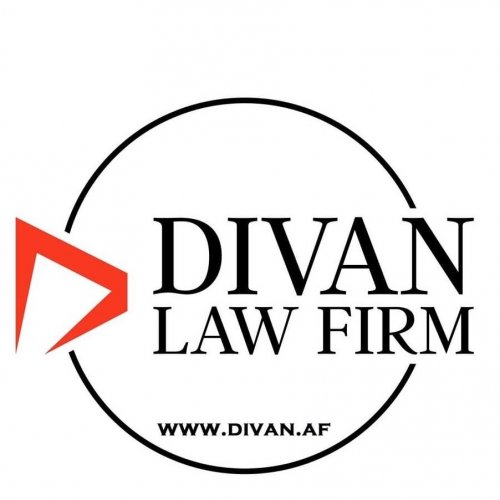Best Foreclosure Lawyers in Kabul
Share your needs with us, get contacted by law firms.
Free. Takes 2 min.
Free Guide to Hiring a Real Estate Lawyer
List of the best lawyers in Kabul, Afghanistan
About Foreclosure Law in Kabul, Afghanistan
Foreclosure law in Kabul is based on the Civil Code and regulations under the jurisdiction of the Islamic Republic of Afghanistan. The foreclosure process begins when a homeowner cannot meet their mortgage obligations, prompting the bank or lender to seek repossession of the property. Foreclosure cases can be complicated and stressful, thus necessitating a comprehensive understanding of the legal framework.
Why You May Need a Lawyer
Securing the services of a qualified lawyer is important when navigating foreclosure scenarios. You may require legal help to understand your rights as a homeowner, to negotiate with your lender, or to protect your interests in court. A foreclosure lawyer can also guide you through the complex paperwork and provide alternatives that you might not have considered, such as mortgage modifications, short sales, or bankruptcy options.
Local Laws Overview
In Kabul, local laws emphasize both the rights of the mortgage lender and the homeowner. If a lender wishes to foreclose upon a property, they are generally required to provide notice to the borrower. The borrower then has a specific time limit to pay off their debts and, if they fail, the lender may petition for a foreclosure order from the court. There are also laws to protect homeowners from predatory lending and unethical foreclosure practices.
Frequently Asked Questions
What is the foreclosure process in Kabul?
The process usually starts with a formal default notice from the lender after missed mortgage payments. If the borrower fails to make payments within the communicated period, the lender can initiate foreclosure proceedings in court.
Can I stop a foreclosure process once it has started?
Yes, a foreclosure process can be halted with the help of a competent lawyer. They can guide you through options such as loan modification, filing for bankruptcy, or proposing a short sale to your lender.
What happens after my property is foreclosed?
After foreclosure, the property is usually sold at a public auction and the proceedings are used to offset the remaining debt. If sales exceed the debt, the surplus may be directed to the borrower.
Can I get my property back after foreclosure?
The possibility of reclaiming your property after foreclosure depends on various factors. Consultation with a lawyer is advised to explore possible legal ways to regain your property.
What is the role of a lawyer in a foreclosure case?
A lawyer can help you understand your rights, communicate with your lender on your behalf, help you negotiate for loan modifications, represent you in court, and provide legal advice based on your particular situation.
Additional Resources
The Ministry of Justice, Kabul, and the Afghanistan Legal Services are some governmental bodies that deal with legal matters concerning foreclosure. They can provide legal information and certain assistance in foreclosure matters. Moreover, various non-profit organizations offer housing counseling services which can be valuable during foreclosure.
Next Steps
If you require legal help for a foreclosure, start by hiring a qualified lawyer who specializes in foreclosure cases in Kabul, Afghanistan. Ensure to gather all related documents, such as mortgage agreements, payment records, among others, for review with your lawyer. Always maintain active communication with your lender and keep your lawyer informed of these interactions. Remember to seek counseling and support from the relevant organizations, particularly when dealing with the stress and uncertainties of foreclosure.
Lawzana helps you find the best lawyers and law firms in Kabul through a curated and pre-screened list of qualified legal professionals. Our platform offers rankings and detailed profiles of attorneys and law firms, allowing you to compare based on practice areas, including Foreclosure, experience, and client feedback.
Each profile includes a description of the firm's areas of practice, client reviews, team members and partners, year of establishment, spoken languages, office locations, contact information, social media presence, and any published articles or resources. Most firms on our platform speak English and are experienced in both local and international legal matters.
Get a quote from top-rated law firms in Kabul, Afghanistan — quickly, securely, and without unnecessary hassle.
Disclaimer:
The information provided on this page is for general informational purposes only and does not constitute legal advice. While we strive to ensure the accuracy and relevance of the content, legal information may change over time, and interpretations of the law can vary. You should always consult with a qualified legal professional for advice specific to your situation.
We disclaim all liability for actions taken or not taken based on the content of this page. If you believe any information is incorrect or outdated, please contact us, and we will review and update it where appropriate.








